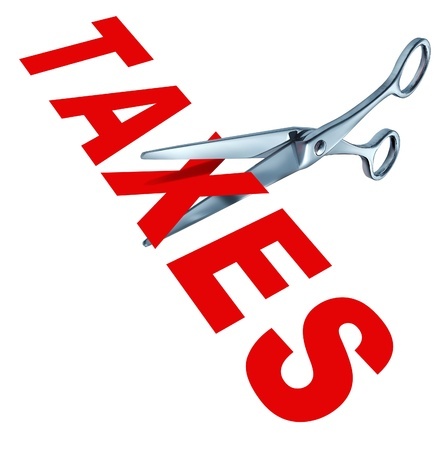
IRS Ramps Up Use of Summonses to Gather Taxpayer Information
A recent uptick in IRS summons litigation indicates an increase by the Service’s use of summonses to gather information and accelerate investigations. This has been confirmed in a speech given by IRS officials at a recent American Bar Association continuing education conference.
The Internal Revenue Code (Section 7601) authorizes the Service to question any person who may be liable for taxes. In addition, the Service has the authority to summon a witness to testify and to produce books, papers, records, or other data that may be relevant or material to an investigation. The Service also has the right to make copies of those records.
The Service may issue a summons for the following purposes:
- To ascertain the correctness of a return;
- To prepare a return where none has been made;
- To determine the liability of a person for internal revenue tax;
- To determine the liability at law or in equity of a transferee or fiduciary of a person in respect of any internal revenue tax;
- To collect any internal revenue tax liability; or
- To inquire into any offense (civil or criminal) connected with the administration or enforcement of the internal revenue laws.
The following persons may be summoned:
- The person liable for the tax or required to perform the act (prepare a return);
- Any officer or employee of such person who has information that may be relevant to the investigation;
- Any person having possession, custody, or care of books, papers, records, or other data that may be relevant to the investigation; and
- Any other person the Secretary deems proper.
If the IRS issues a summons in a tax matter, they are playing hardball. An IRS summons carries the threat of court enforcement should the summonsed party refuse to comply. If you have received a summons from the IRS and need advice as to what to do, schedule your free consultation by calling (480) 888-7111 or submit a web request here

